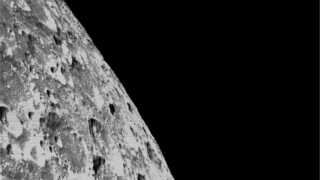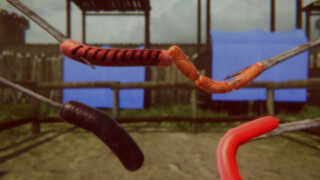New findings from China’s Chang’e 6 mission reveal that the moon’s hidden far side is a far cooler interior than its Earth-facing near side. It denotes a deepening of a long-standing lunar mystery. In June 2024, samples collected from the South Pole–Aitken basin gathered by NASA’s Apollo missions specified that temperatures were about 180°F lower than near-side rocks. Scientists mention that this difference offers the first evidence that the moon’s interior is not aligned. In addition, researchers mention that the discovery can alter our understanding of how heat-producing elements shaped lunar evolution billions of years ago.Lunar Study Links Far Side’s Cooler Interior to Uneven Element Distribution and Ancient ImpactsAs per a Nature Geoscience report, the rock pieces brought back by Chang’e 6 are believed to be around 2.8 billion years old. When hot lava from deep inside the moon slowly cooled down and became solid, these pieces were formed. To comprehend them, scientists used computer models with satellite data. This helped them to trace out the original temperature of the rocks when they formed. The results also depict that the far side of the moon may not have enough uranium, thorium, and potassium. Long ago, these components may have moved toward the near side, making it richer in heat.Experts think the near side of the moon stayed hotter due to this uneven spread of elements for a longer time. Furthermore, the more volcanic activity made it smoother. On the contrary, the far side keeps it cooler, leading to more craters and also mountains.Scientists think the imbalance is due to the huge asteroid impacts. A smaller sibling moon merging unevenly, or Earth’s gravity affecting how elements were spread inside the moon.Researchers mention these findings, leading to new clues to one of the moon’s biggest mysteries. It is pointing out that differences between its near and far sides exist not just on the surface, however, deep within its interior.
Source: gadgets360.com




